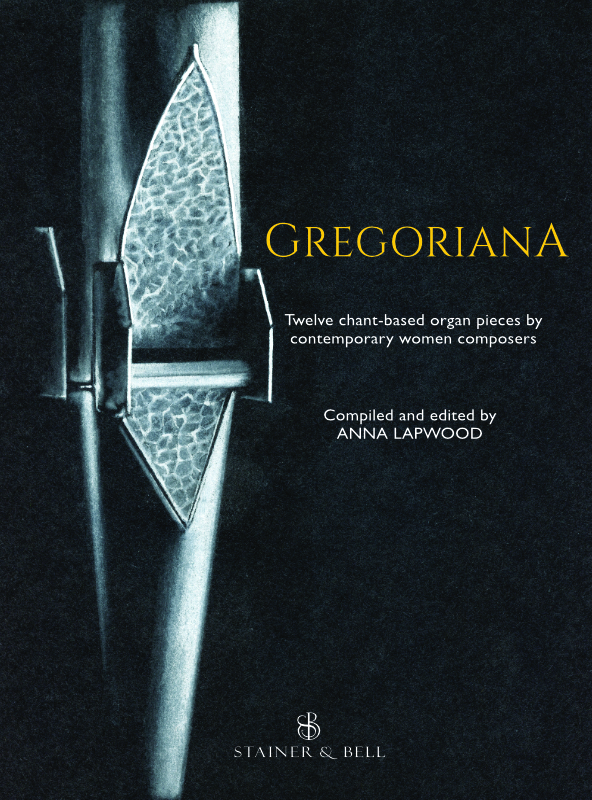The last two years have been almost unremittingly grim for music and performers – singers in particular have had a dispiriting time of it. Here and there, however, it was still possible to find occasional causes for optimism. It’s good to see one of them, developed in the deepest privations of 2020, brought to tangible form here. Gregoriana represents a re-imagining of a widely-cherished collection – Jeanne Demessieux’s 12 Chorales on Gregorian Themes. It’s an anthology of 12 new, (mostly) chant-based works by female composers. Some are writing for the instrument for the first time; this is in itself cause for celebration, although it’s a pity that in the absence of specific information it’s not possible to determine which composers are making their debut in the genre, so to speak. While on the subject of editorial material, there’s a brief contextual introduction and an appendix of performance notes.
The chants themselves aren’t printed in their original form in the volume, but they should be easy enough to track down – they may not be familiar to at least a part of the volumes intended audience. It’s an exercise worth doing, to get a complete sense of the variety of treatments on display here.
Space doesn’t permit a detailed examination of such a varied body of work, or discussion of more than a handful of individual pieces, so a few general remarks will have to do. A quick visual inspection makes an interesting first step. The first point that strikes the reader is that the pieces are uniformly much longer than Demessieux’s. Most of the new works come in around the four-to-five page mark, with the longest work stretching to nine pages; they’re ruminations, rather than Demessieux’s pithy aphorisms, which – as Anna Lapwood remarks – will obviously affect their use.
Several are clearly meditative, presenting the chant fragmented, or repeated, against sustained, quasi-impressionistic harmony within a discursive, rhapsodic form and fluid metre. Mood and tempo indications frequently align with this structural approach. Zanaida Stewart Robles and Cecilia McDowall (in a work sponsored by the Royal College of Organists) explore a more consistently active mode of writing, although Kristina Arakelyan’s extended Star Fantasy also develops some energised textures in the course of its varied trajectory. Likewise Rhian Samuel’s strikingly diverse, and technically quite challenging, Victimae Paschali. Sarah MacDonald’s Trio is the only work to pursue an avowedly contrapuntal approach; others find different ways of pursuing stylistic coherence.
All the pieces are supplied with registration markings; these are thoughtfully conceived and practical, although there are one or two minor inconsistencies. Technically the writing is always idiomatic, but often not straightforward, and the longer works need a fair bit of interpretative discipline if they are to avoid becoming episodic.
As with any anthology, individual performers will find themselves drawn more, or less, to particular works, whether for idiomatic or technical reasons. But the collection as a whole, for many reasons, deserves support and active interest; there is much to enjoy here.
STEPHEN FARR, Choir & Organ, August 2022
